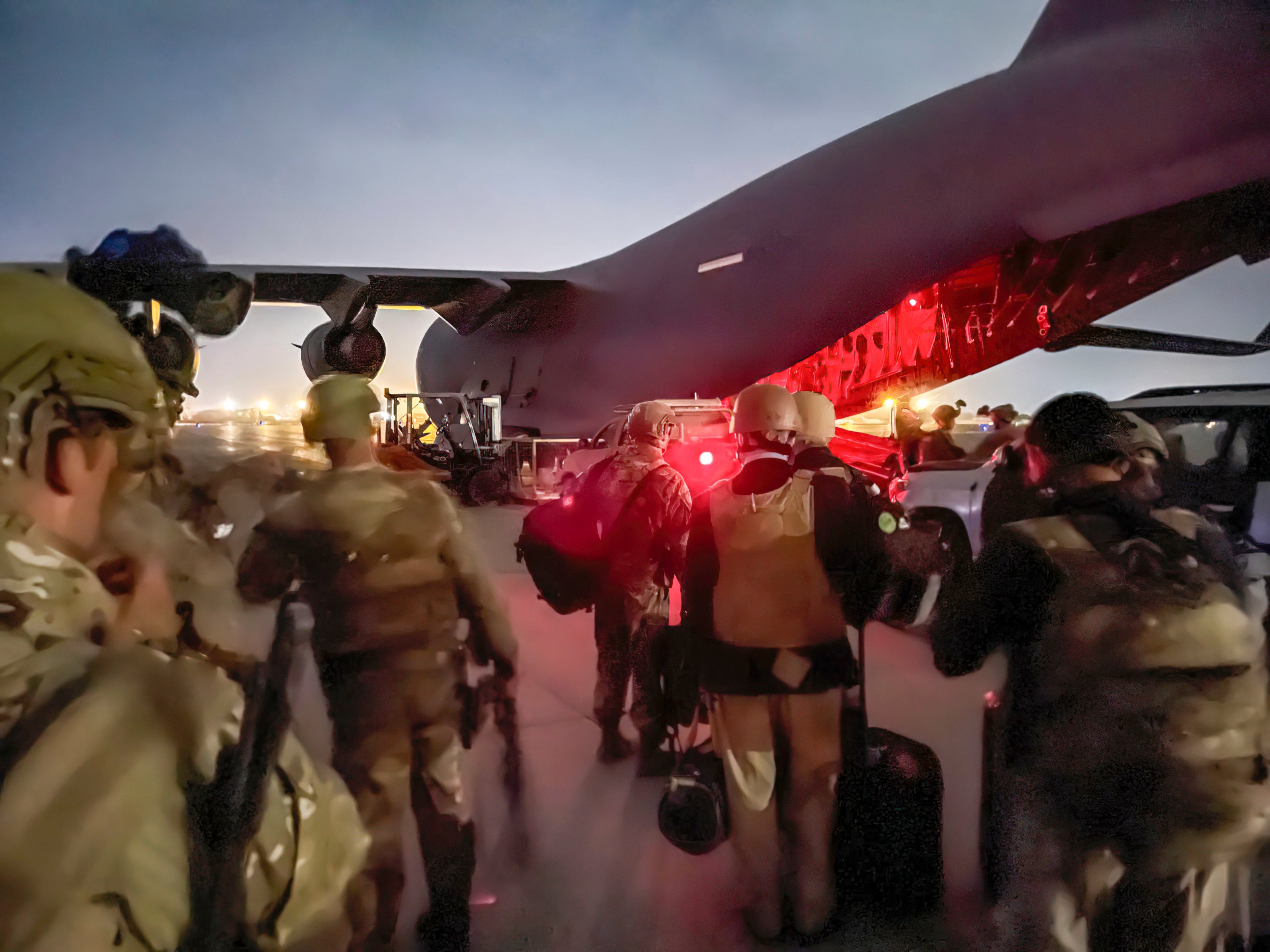Mea Culpa: nothing very communal about this community
Questions of style and language in last week’s Independent, reviewed by John Rentoul


We referred several times to “the international community” in our coverage of the west’s withdrawal from Afghanistan. There are usually better words to use. In a report of Boris Johnson’s comments after the bombings of Kabul airport, for example, we said he appeared to be sending a “message to the new regime in Kabul that it has a shared interest with the international community in seeking to prevent Afghanistan falling prey to terror groups”. We could have just said “other countries” or “the rest of the world”.
It has become a stock phrase that is used to mean a kind of imaginary United Nations, but not the UN itself, or we would say that. It is imprecise but also slightly hectoring, as if the nations of the world ought to behave like a polite committee in a village hall. It implies that the nations of the world share a common interest, which they pursue in a collective spirit, which is somewhat jarring in the reporting of a scramble to get out of Afghanistan in which rivalrous nations have bickered, blamed each other and manoeuvred for advantage.
Is it safe to come out? My battle against “ongoing” is still going badly, although we didn’t have any uses last week of “the ongoing pandemic” for what feels like the first time since March 2020. Perhaps that means it really is over.
Out of condition: There was a hurricane in the US, and we all know what that means. It means an outbreak of “conditions”, one of those terrible journalese words that kill good reporting stone dead. “The devastating conditions pummelled New York,” we reported, after Ida hit Louisiana. Meanwhile, in another part of the US, forest fires were likely to be fanned by “critical conditions”, including “extremely low humidity and gusts of up to 30mph”.
They went that way: We wrote about “an exodus of HGV drivers from EU countries”, which required careful reading of the rest of the sentence, which went on: “... who left the UK for the continent during the pandemic and have since remained there.” Thanks to Keith Bennett for suggesting it would have been clearer if we had said “an exodus of HGV drivers from the UK, who returned to their EU countries during the pandemic...”
A spelling lesson: In an excellent article expressing sympathy for the idea that ministers should be allowed to go on holiday, we commented on the many personal costs of a career in politics, including “the disappearance of once taught waistlines”. A delightful confusion of two words that sound the same. It was changed to “taut”, which I thought was related to tight, but the Oxford dictionary thinks may be a variant of tough. English is weird.
River rulers: In an article about the reintroduction of beavers in Scotland, we reported that some people were worried about the effect on farming and fish “if beavers are once again given free reign over rivers”. Thanks to Roger Thetford for pointing this out, but I think it is fine. The idiom was originally “free rein”, but nowadays it is often used, as here, to refer to ruling over something rather than to letting a horse run. The mental image of beavers harnessed to water chariots, with their drivers relaxing the reins, is too distracting, so “reign” it is.



Join our commenting forum
Join thought-provoking conversations, follow other Independent readers and see their replies
Comments